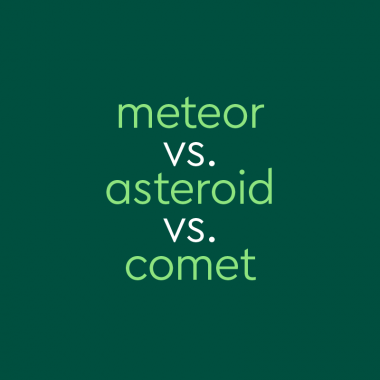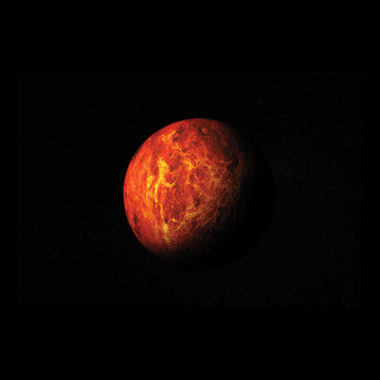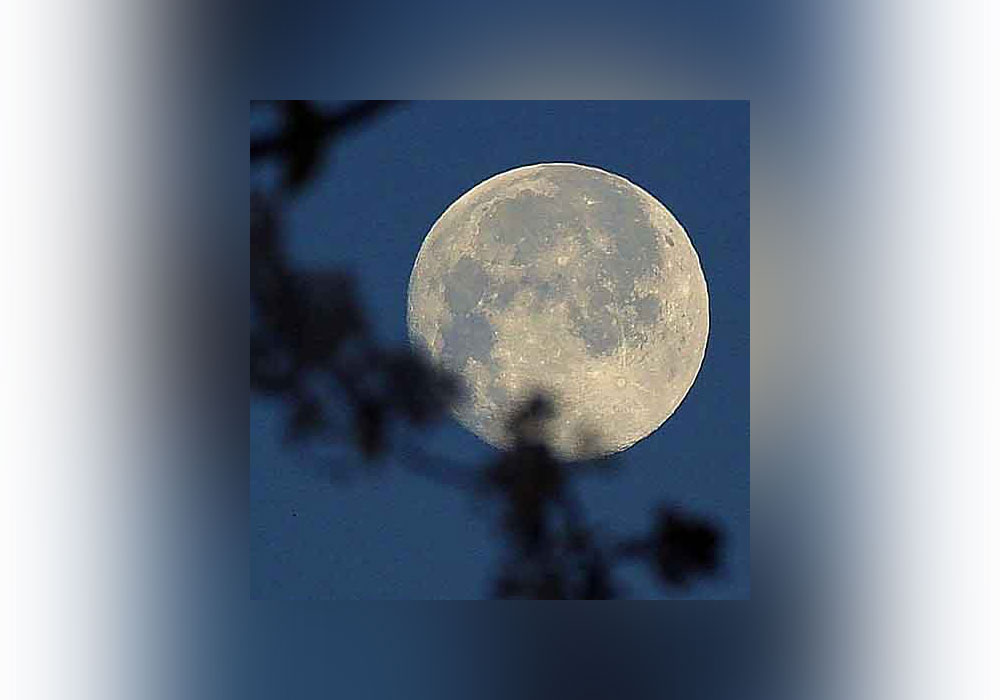Solar Eclipse 2024: 5 Terms To Know When Experiencing Totality
A total solar eclipse doesn’t happen every day. The sun, moon, and Earth have busy schedules that make it hard for them all to perfectly align. So, you’ll want to be prepared when a total solar eclipse is on the horizon. To ensure you’re ready for the 2024 solar eclipse, we’ve prepared a printable decoder that will guide you through the dazzling show via key …







